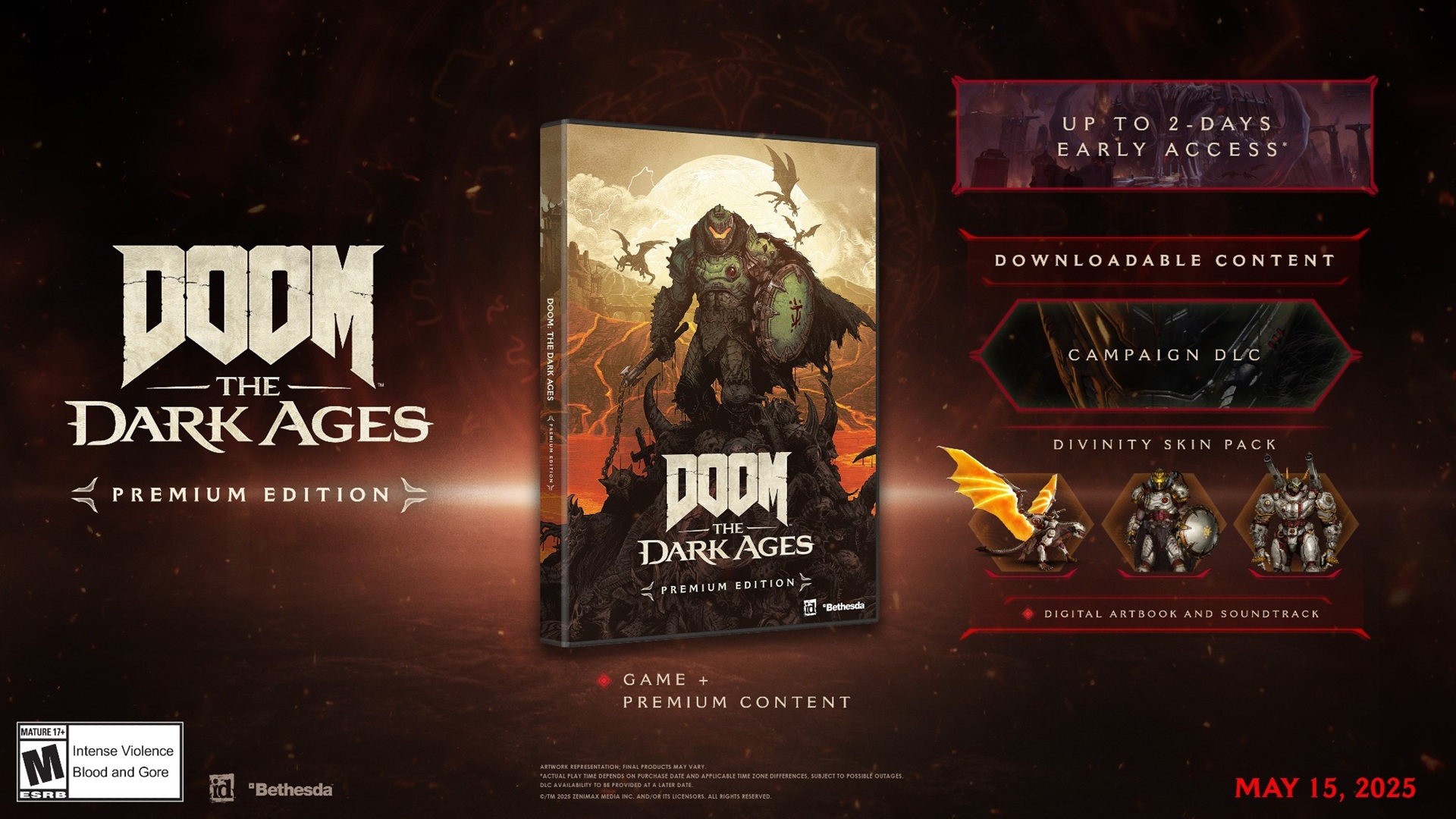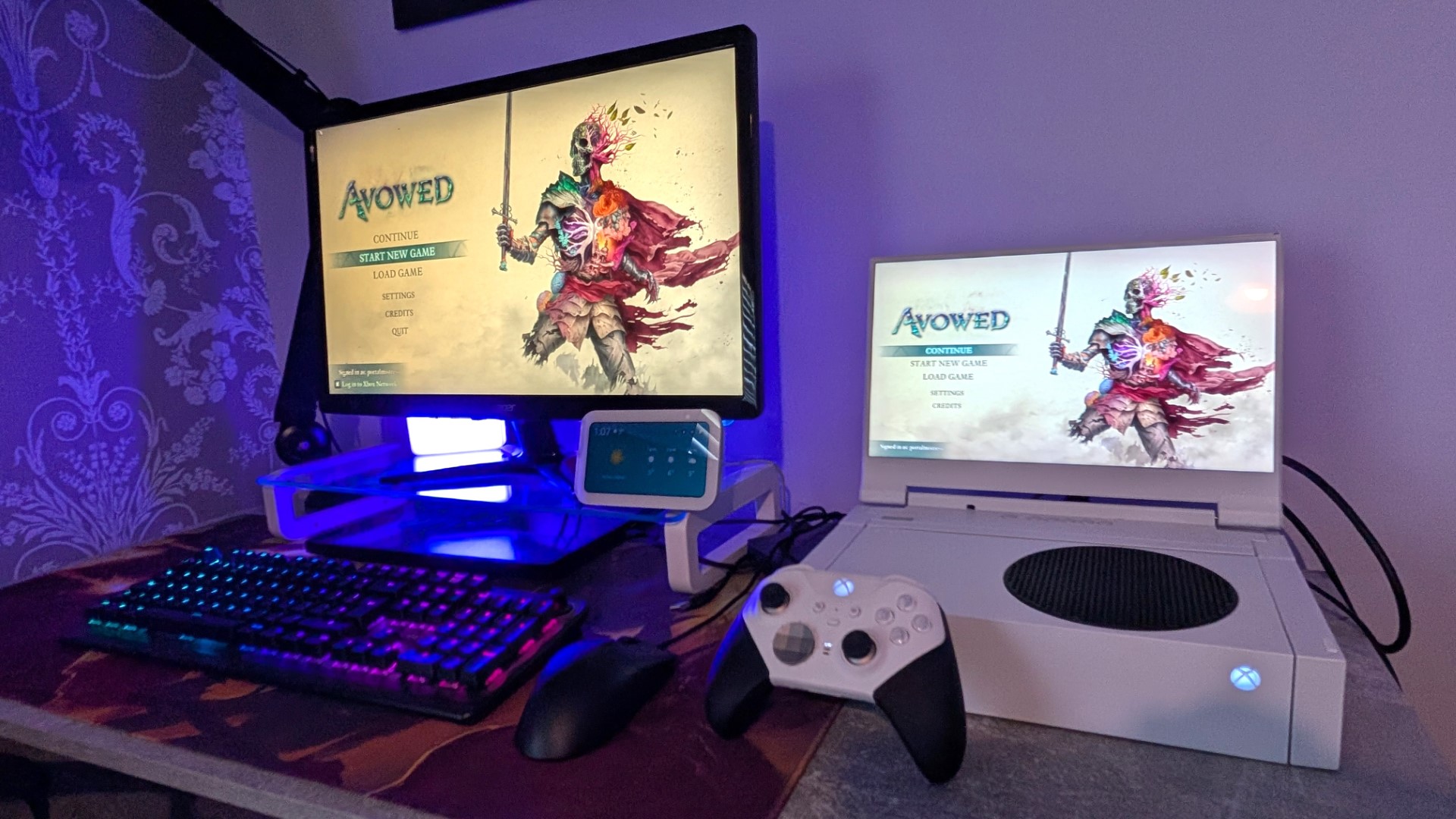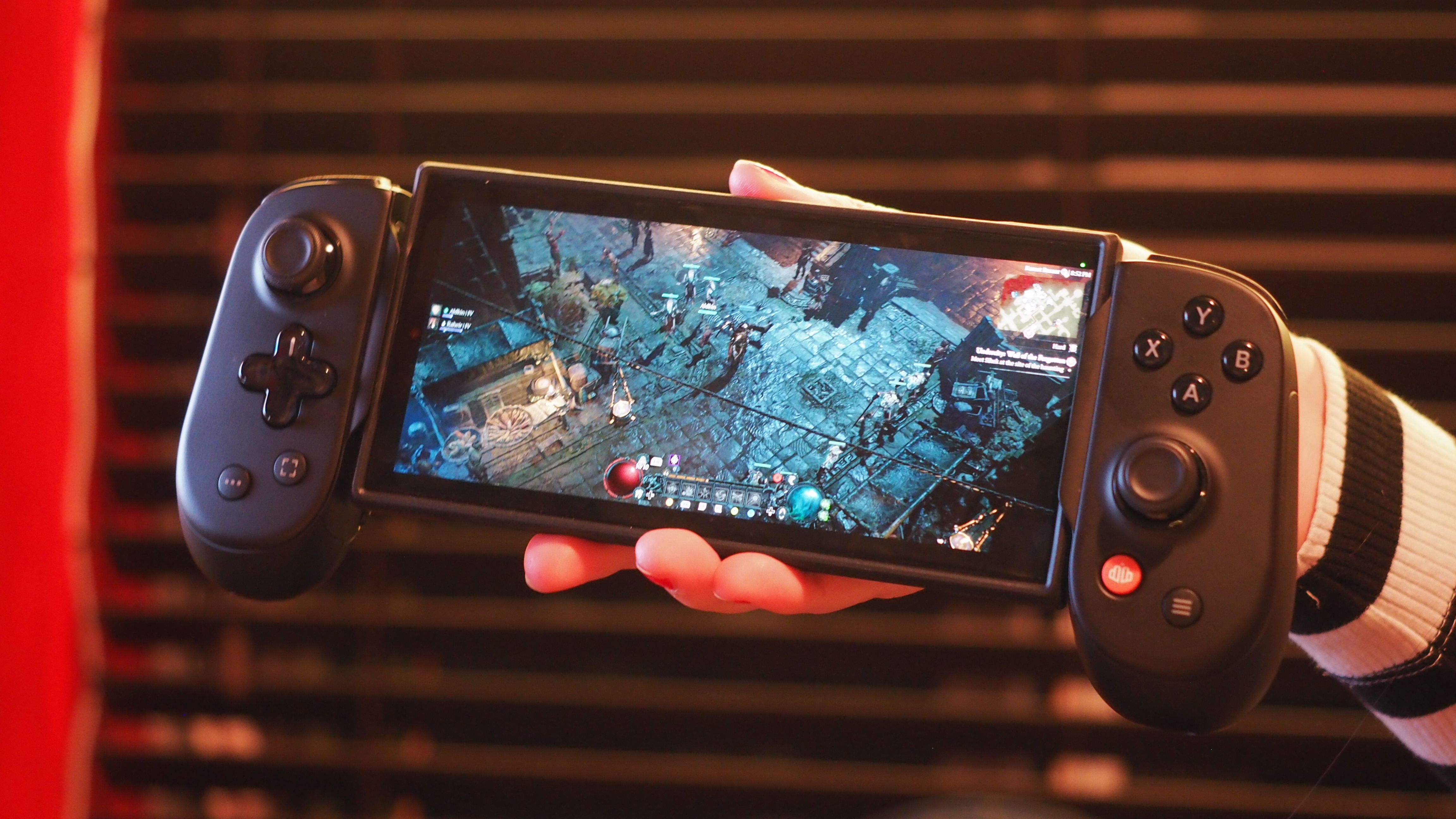I love Microsoft's Avowed, but it further cements how much I dislike the concept of paid 'Early Access' and a forced FOMO.
I know why Avowed and games from other companies charge a premium for early launches, but that doesn't mean I have to like it.
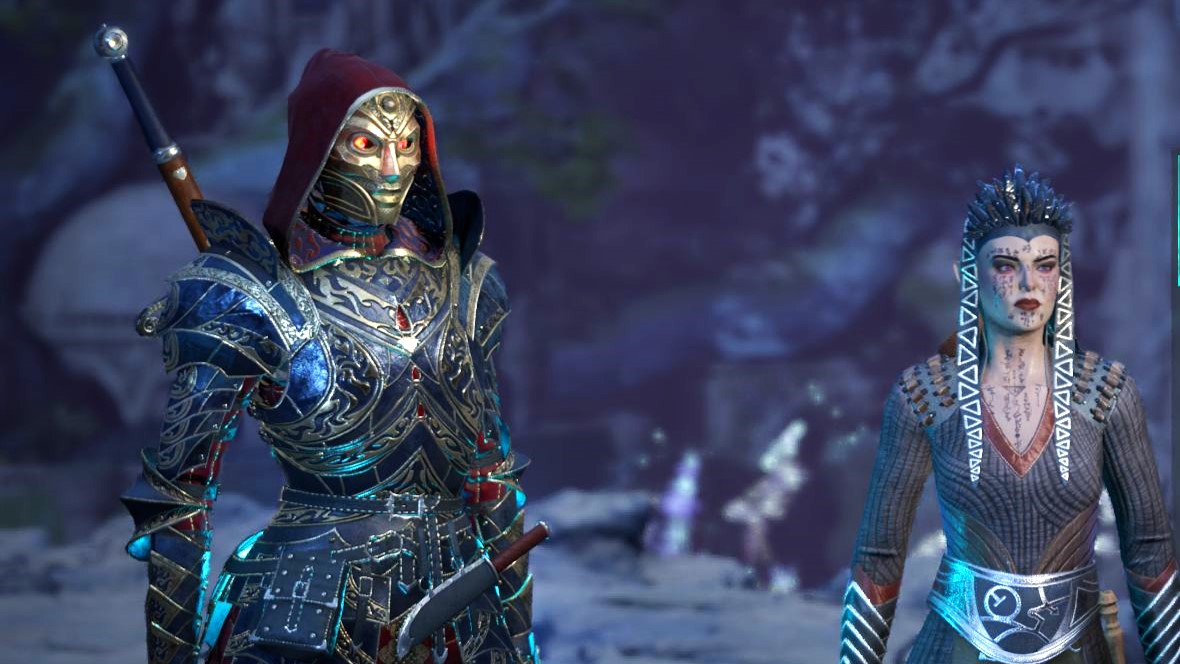
Writing about video games often offers me the perk of early access to some titles, so I'm fully aware of the position of privilege I'm writing this piece from, and it's not without its irony. However, just like when I'm reviewing a new Xbox controller or anything similar, I like to approach it as a consumer would and ask myself, "is it worth it?"
There was a time I couldn't afford full-price games at all, as a teenager I'd rely on dodgy copies from my local market for a chipped Playstation 1, or replay the demo disc from PC Mag over and over on my stepdad's ancient work computer.
In the case of a paid premium for getting up to a week early access to a game, I can’t justify the concept for most players. Take the high-scoring Avowed, for example. The game launches on Xbox Game Pass on February 18, but Game Pass subscribers can pay $25 to unlock it five days early. Non-subscribers must shell out $89.99 for the Premium Edition to join early. While I understand this is a lucrative money maker for the industry, I simply don't like what it takes away from us as a gaming community.
Creating a division and monetizing FOMO
For me, playing a game I enjoy becomes an all-encompassing obsession. I'm reading about the game in bed on Reddit, watching YouTube videos about it in the background as I'm working, and laughing at the inevitable memes the community makes from repeated lines or dodgy shots from the game. Having a paid early access system kind of shatters this experience by splitting the players into two groups: those who can afford the premium price tag and those who can't.
The fear of missing out (FOMO) plays a significant role here. For Xbox Game Pass subscribers, who could play these titles "for free" (not really for free, but you get me), the opportunity to pay extra for early access feels like a manipulative cash grab. Early Access has become another microtransaction, except it's a macro one — $25 extra for subscribers or $90 for non-subscribers.
This tactic preys on the desire to be part of the conversation when it begins, often leaving those who can’t or won’t pay to feel excluded. The rollout for Avowed feels particularly cruel.
Premium Edition players gain access on a Thursday, effectively granting them a whole weekend of exploration before the general launch the following Tuesday. At which point, let's face it, most players will be waiting until the weekend again to truly dive in. By his time, spoilers will have certainly flooded the Internet, taking away the joy of firsthand discovery.
Gamers are the only ones who miss out
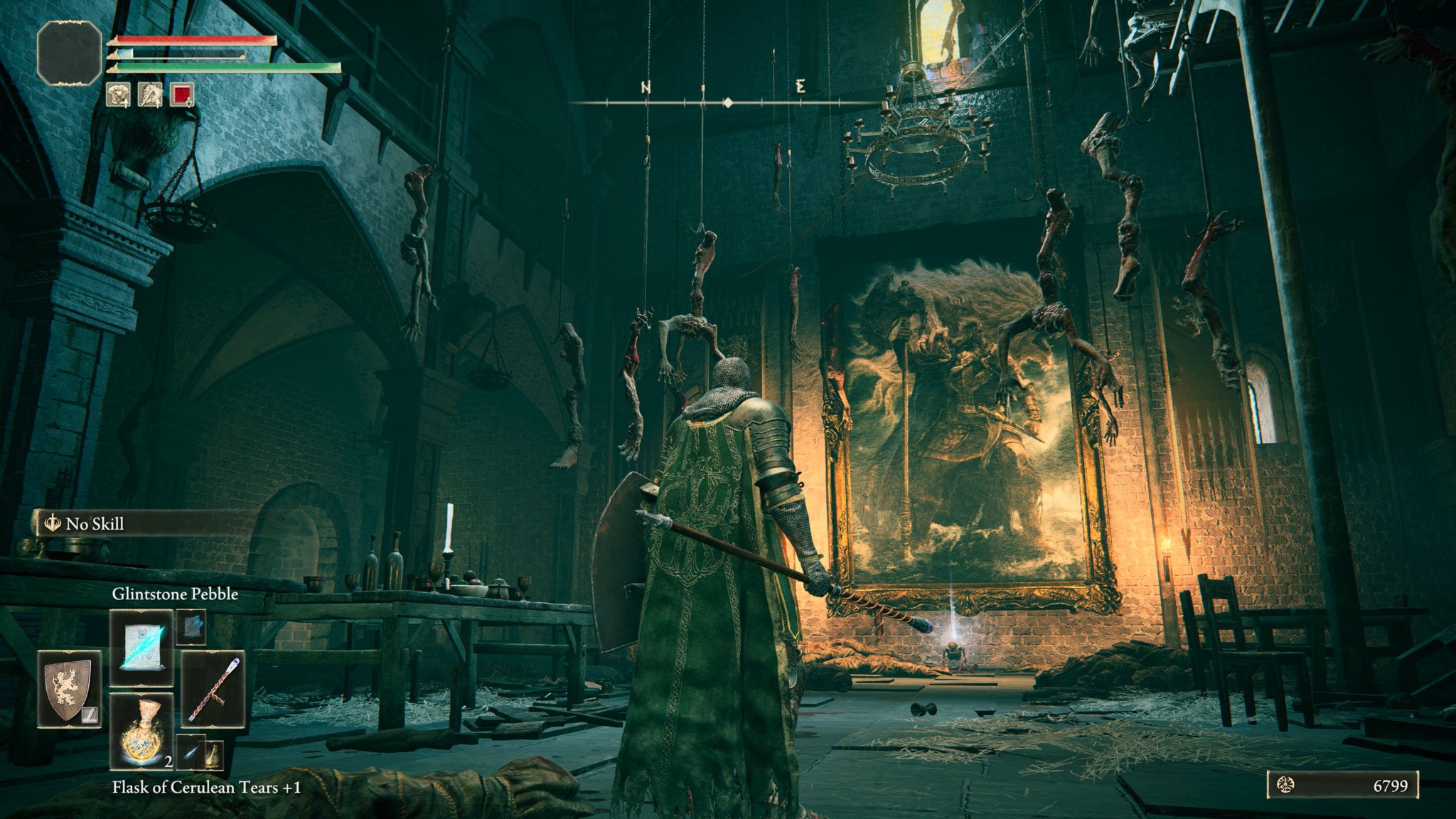
I'll use Elden Ring's open world as an example here, as it's a truly memorable moment for me in gaming. When it launched, the game united players across platforms in sharing discoveries. Together, we unraveled its infamously cryptic quest chains and bonded over memes about people trying to beat that first Tree Sentinel on a level 1 character.
That shared magic would have been diluted if From Software had launched Elden Ring to premium-paying players earlier.
Paying for early access creates a louder and larger divide, amplifying those who pay extra while those who simply can't justify the expense must lag behind. We lose the sense of community that makes a new game so special. Gaming becomes ever more segmented, and a more transactional experience.
Early Access premiums can serve a purpose
I'm not daft; I know why these premiums are becoming more commonplace. You only need to take a glance at debates about the $70 price ceiling gaming has held for some time despite rising industry costs. Grand Theft Auto 6 has already sparked debates about a potential $100 base price, highlighting how unsustainable the current pricing model may be. For publishers, Early Access offers a way to generate additional revenue without directly raising game prices.
Xbox Game Pass also delivers incredible value to players, granting access to an extensive library for a flat monthly fee. I certainly don't want to take away from other fantastic initiatives Microsoft is spearheading, such as Play Anywhere and bringing the Xbox Cloud Saves to Steam. Maintaining this affordability, however, comes at a cost to publishers, who need alternative revenue streams to make it viable.
Paid Early Access can help offset these costs, ensuring that Xbox can continue to deliver a sustainable Game Pass library. I'm also only picking on Avowed here as it's the latest release dominating the conversation, and Microsoft isn't alone in this practice. Baldur's Gate 3 had a premium paid early access period, WWE2K25 is about to launch into Early Access on March 7, and Ubisoft's Assassin's Creed Shadows famously dropped the promise of early access following its shaky development cycle.
From a business perspective, it’s a compromise—players who want early access fund the services and games that benefit everyone. If this approach prevents a universal price hike, it could be seen as a necessary evil. It doesn't mean I have to like it, though.
Balancing 'making money' and 'happy players'
Still, the impact on the gaming community is hard to ignore. While Early Access might help keep subscription services viable, it creates inequity among players. Gaming is at its best when it brings people together in a manner that somewhat transcends socioeconomic barriers. Paid Early Access, however, introduces yet another layer of segmentation, widening the gap between players based on their willingness or ability to pay up.
For those indifferent to spoilers or online discussions, Early Access may not seem problematic. But for players like me, who thrive on the collective energy of a game’s launch, it feels like a betrayal. Early Access fractures the gaming community, and its increasing normalization is a troubling trend.
This is the future (whether we like it or not)
Early Access isn’t going anywhere, and as players, we must decide how to engage with it. Are we willing to pay extra for the privilege of playing early, or should we push back against this trend to preserve more inclusive launches? While I don't think we have much of a choice in how the industry is moving, I still think it's important to speak up when we dislike certain practices.
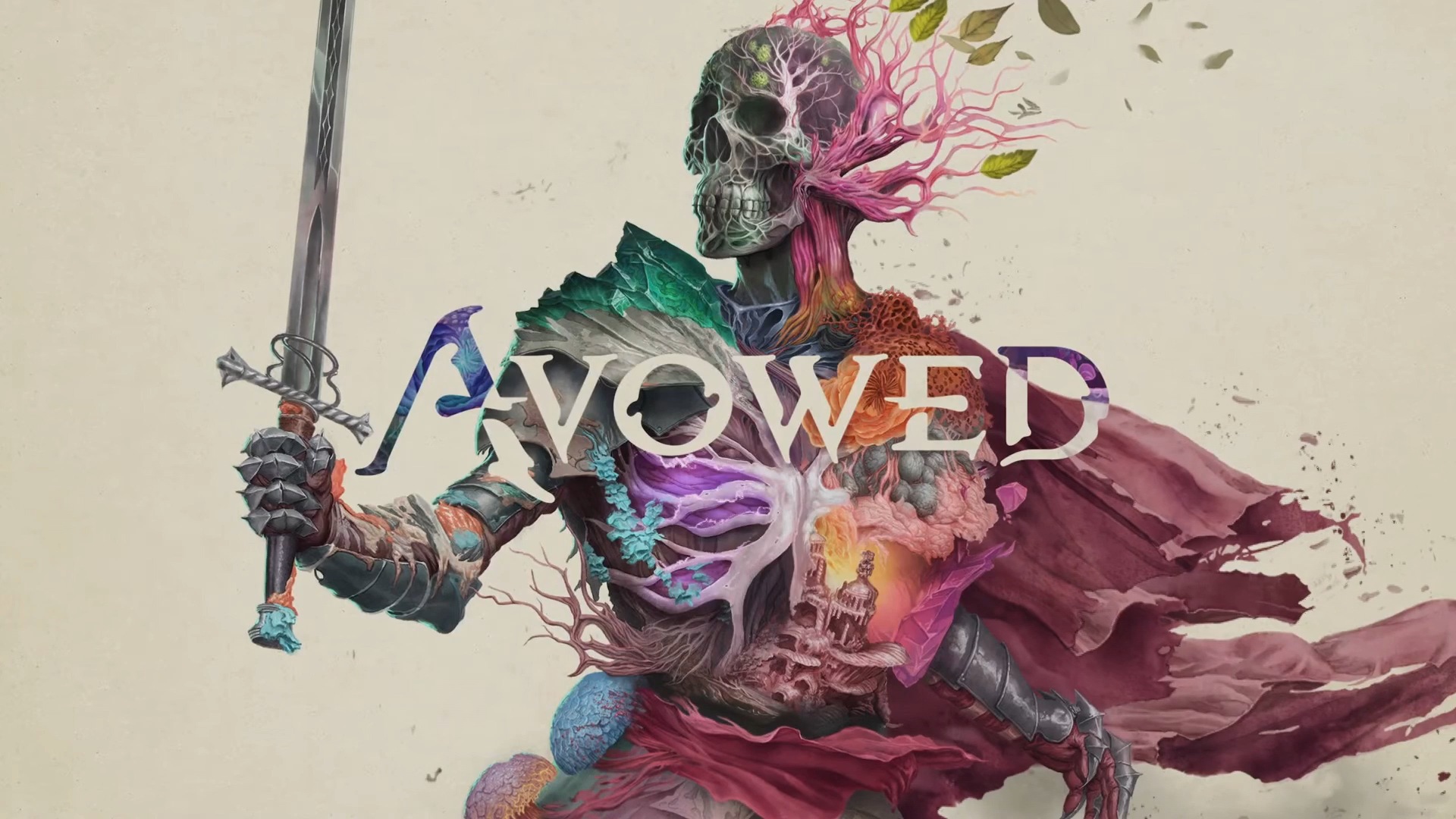
• 7 starting tips I wish I knew
• Best settings for handhelds
• Avowed review roundup
• Known bugs and glitches
• Avowed won't let me romance Kai, and I'm sad
Publishers, too, must find a balance between profitability and community-building. I don't know what the solution is here; I'm not a businesswoman. I simply wish premium price tags were associated with cosmetics alone instead of fully opening the doors early.
For now, I remain conflicted. I want the best of both worlds: a sustainable gaming industry and everyone to share in that regardless of their financial status. I'm a dreamer.
While Early Access might help sustain the industry and certainly serves a purpose, I believe it can suck a fat one comes at a cost to the community. Until publishers bridge the gap between business needs and player experiences, I’ll continue to view paid Early Access as a divisive practice — and one I simply do not like.
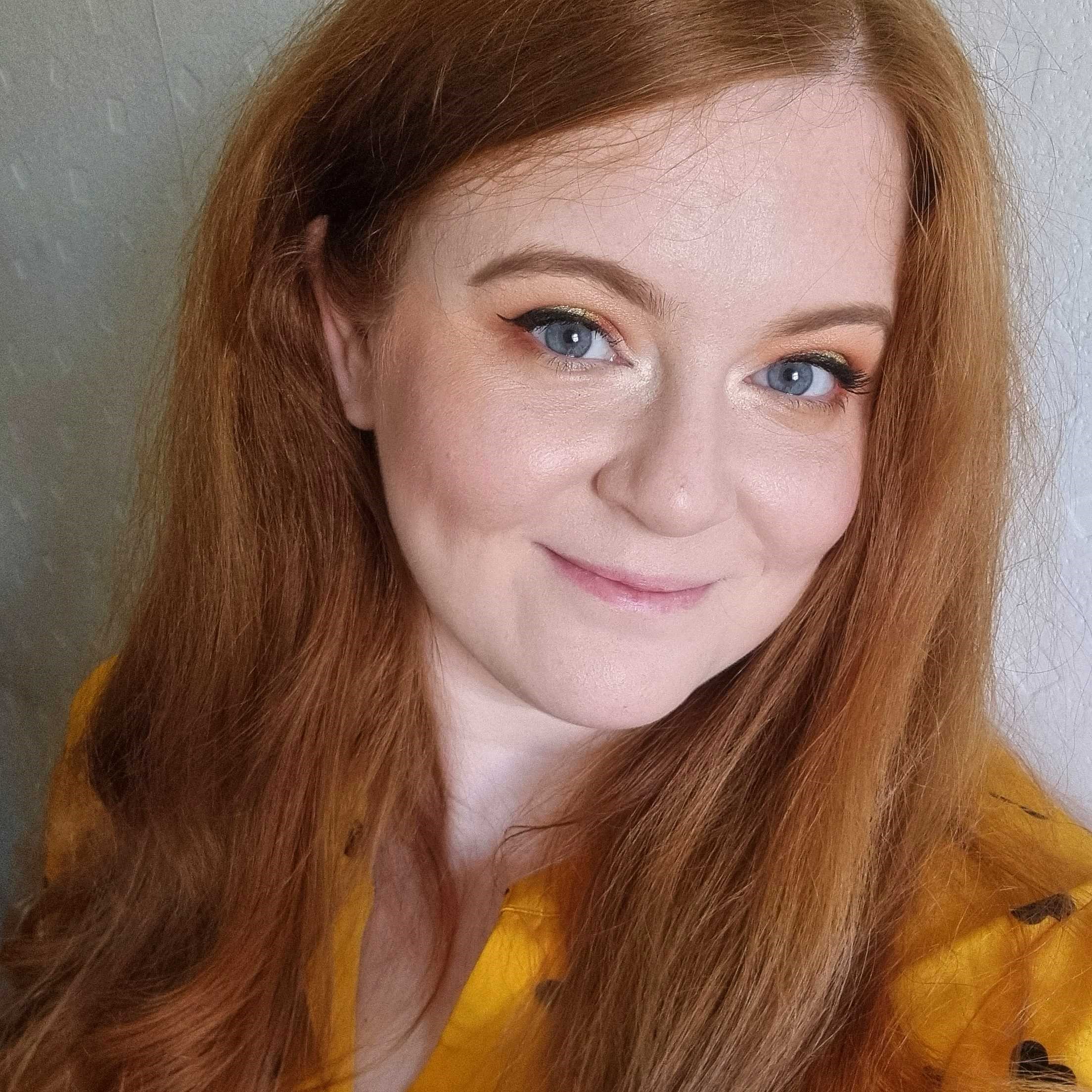
Jen is a News Writer for Windows Central, focused on all things gaming and Microsoft. Anything slaying monsters with magical weapons will get a thumbs up such as Dark Souls, Dragon Age, Diablo, and Monster Hunter. When not playing games, she'll be watching a horror or trash reality TV show, she hasn't decided which of those categories the Kardashians fit into. You can follow Jen on Twitter @Jenbox360 for more Diablo fangirling and general moaning about British weather.
You must confirm your public display name before commenting
Please logout and then login again, you will then be prompted to enter your display name.
